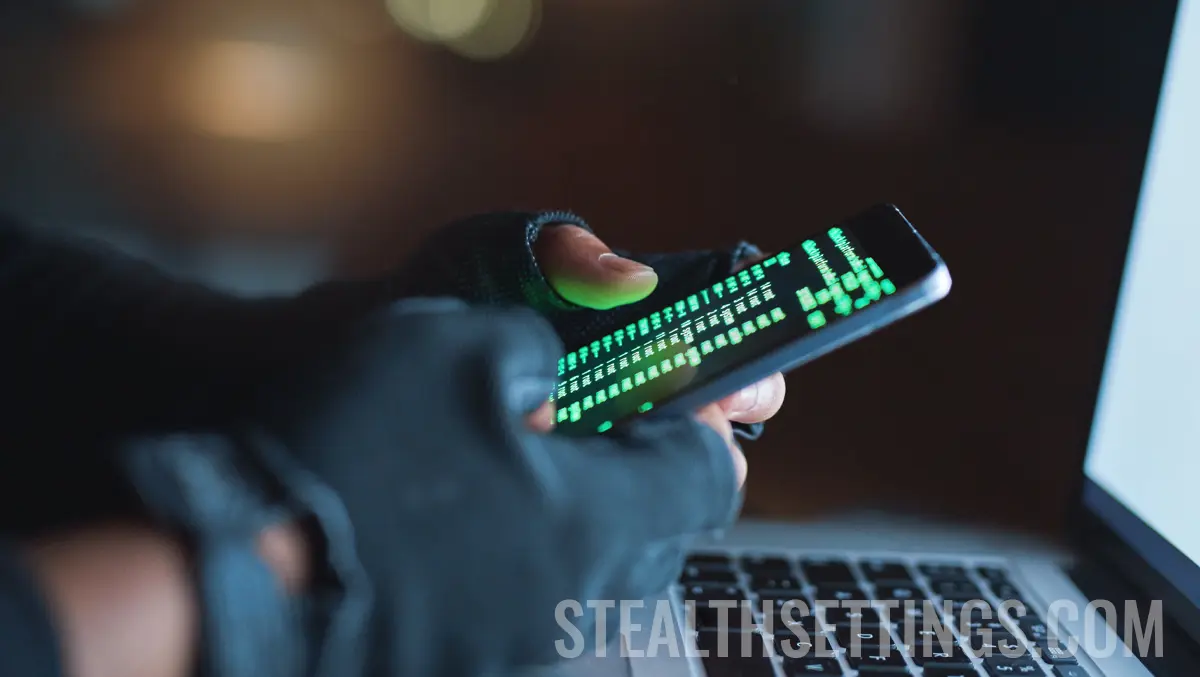Pegasus spyware detected on only half of iPhones

Most of the users of iPhone, iPad and Mac devices are quiet in terms of cyber attacks, based on the idea that the security system of these devices will cope with any challenges. Even if iOS, iPados and macos are quite stable operating systems and with a pretty good protective mechanism, reality is quite different. The Pegasus spyware is detected only in half of the iPhone, according to an Apple's report.
content
What is Pegasus spyware and what security breaches do they exploit?
The Pegasus spyware, developed by NSO Group, is one of the most dangerous threats to privacy for iPhone owners. This malicious software can take over the total control over the phone without the user doing something, having access to almost all stored personal data. Some versions can even activate the camera and microphone of the device, turning it into an invisible surveillance tool.
Pegasus spyware takes advantage of vulnerabilities “zero-day”. Specifically, these are security breaches unknown by Apple. However, the Tech giant has alternative ways to fight this danger, but users of iOS, iPados and macos should not believe that they are completely away from cyber attacks.
How Apple is trying to detect Pegasus
As said at the beginning of the article, the iOS operating system includes mechanisms specially designed to identify the times when an iPhone has been compromised by spyware, even if the exact method used remains unknown. Apple then notifies the users they suspect they have been targeted, working simultaneously on discovering and repairing the exploited breach. For example, last summer, the company sent warnings to iPhone users from nearly 100 countries.
“Apple alerted a significant number of users from 98 countries, informing them could be the targets with type spyware “mercenary”, which can compromise almost all personal information on their devices. Although Apple recognizes that it cannot be absolutely sure of these conclusions, the company states that it has a high level of confidence in its evaluations and urges users to treat these security warnings with maximum seriousness.”
Most of the time, these updates that quickly close security breaches are noted as “Rapid Security Response“.
With all this vigilance from Apple, security breaches will exist all the time and it will be almost impossible to be discovered in a timely manner, all devices infected with Pegasus spyware.
Only half of Pegasus spyware infected are identified
A recent report shows that Apple manages to detect only about half of Pegasus infected devices. The data come from Iiverify, a company specialized in mobile security, which launched a 1 dollar application last year. This allows users to scan their phone and send the results for analysis. With a unique subscription, users can perform a monthly scan.
The results obtained through these scans have allowed iverify to estimate the frequency of Pegasus infections and check how many of the affected users have received notifications from Apple.
“After an intense media, another 18,000 people downloaded the Iiverify Basic application and checked their devices. In December, we identified 11 new cases of infection with Pegasus spyware. These discoveries reduced the global incidence rate to about 1.5 cases to 1,000 scans. However, the larger sample gives us increased confidence that this figure reflects the reality more faithfully and allows us to draw potentially more relevant conclusions.
For example, we notice indications that attacks are not only important, such as politicians or activists, but affect a wide range of people in society. The new confirmed cases, related to the known variants of the Pegasus from 2021-2023, include attacks on users in fields such as public administration, finance, logistics and real estate. Many have been targeted with several variants and supervised for years.”
An underestimated problem: Apple users are not immune
An alarming aspect highlighted by iverify is that about half of the victims have not received threatening notifications from Apple. Without using the Iiverify app, these users would not have known that their devices are compromised. The company stresses that it was extremely rigorous, including in statistics only the cases in which the infection was confirmed with absolute certainty.
These discoveries draw attention to the fact that users of iOS, iPados and macos are not protected from cyber dangers. Although Apple is making efforts to combat such threats, there are still limits to its ability to protect all devices, which highlights the need for increased users, regardless of the platform used.
As I said in several items of awareness, vigilance is the best protection against cyber attacks, supplemented by the up -to -date updates of operating systems.
Pegasus spyware detected on only half of iPhones
What’s New
About Stealth
Passionate about technology, I write with pleasure on stealthsetts.com starting with 2006. I have a rich experience in operating systems: Macos, Windows and Linux, but also in programming languages and blogging platforms (WordPress) and for online stores (WooCommerce, Magento, Presashop).
View all posts by StealthYou may also be interested in...

